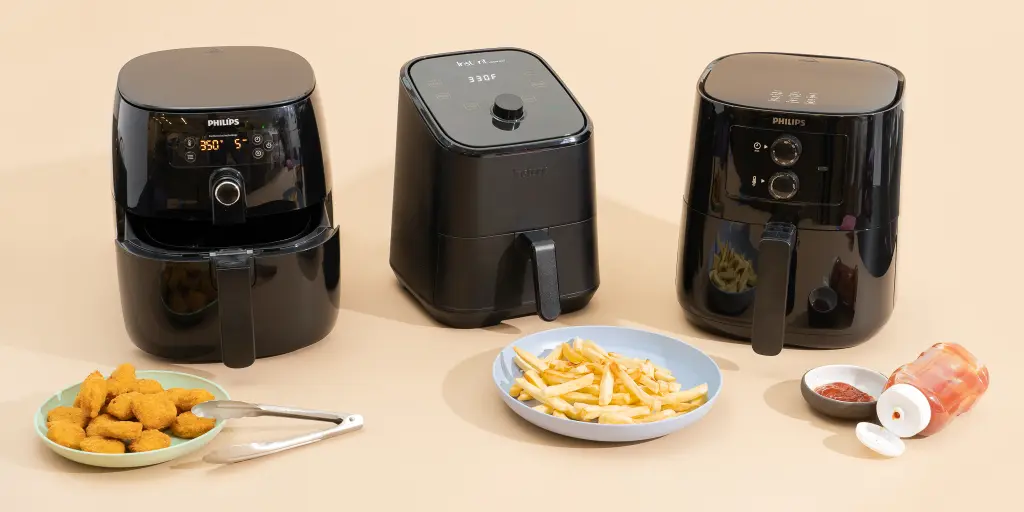
Introduction
Embarking on a journey to master the culinary arts is an endeavor filled with creativity, passion, and endless learning. Whether you’re a complete novice or a budding cook looking to take your skills to the next level, this guide will serve as your compass to navigate the world of culinary excellence. From choosing the right culinary school to mastering diverse techniques, we will explore the path to becoming a culinary artist.
Choosing the Right Culinary School
Before you start your culinary journey, it’s crucial to select the right culinary school. This decision will greatly influence your future as a chef.

Factors to Consider
Choosing a culinary school involves considering factors like location, cost, and program duration. Deciding between a culinary institute and a university program is essential.
Accreditation and Reputation
Evaluating the school’s accreditation and reputation within the industry is vital to ensure you receive quality education and industry recognition.
Building a Strong Foundation
To excel in the culinary arts, you must first build a strong foundation of fundamental skills.

Basic Culinary Skills
Mastering basic skills such as chopping, sautéing, and grilling is the cornerstone of every culinary artist’s journey.
Knife Skills and Safety
Learning how to handle knives safely and effectively is an indispensable skill for any chef.
Exploring Culinary Techniques
Culinary arts encompass a diverse array of techniques and traditions, each offering its unique flavor and style.
Culinary Traditions and Styles
Exploring global culinary traditions and styles allows you to broaden your culinary horizons and find your unique voice.
Mastering Cooking Methods
Understanding cooking methods like roasting, braising, and sous-vide will elevate your cooking to a professional level.
The Art of Flavors
Culinary excellence hinges on your ability to manipulate flavors in creative and harmonious ways.
Understanding Ingredients
Delve into the world of ingredients, from spices and herbs to the freshest produce, to create dishes that tantalize the taste buds.
Flavor Combinations and Pairings
Unlock the secret of flavor combinations and pairings, creating dishes that are not only delicious but also unforgettable.
Creating Culinary Masterpieces
The art of plating and presentation is where your culinary creations come to life.
Presentation and Plating
Perfect your plating skills to make your dishes not only delicious but visually stunning.
Creative Recipe Development
Inventive recipe development is the hallmark of a true culinary artist. Learn to create your signature dishes.
The Culinary World Beyond
Beyond the kitchen, the culinary world offers various specializations and opportunities.
Exploring Specializations
Discover diverse culinary specializations, from pastry arts to molecular gastronomy, and find your niche.
Sustainability and Ethical Practices
Learn about the importance of sustainable and ethical practices in the culinary industry, contributing to a better world.
The Importance of Networking
Networking plays a pivotal role in your culinary journey, opening doors to mentorship and career opportunities.
Mentorship and Internships
Seeking mentorship from experienced chefs and gaining real-world experience through internships are invaluable steps in your growth.
Culinary Community Engagement
Engage with the culinary community, attend culinary events, and build connections within the industry.
Nurturing Your Passion
To maintain your enthusiasm, it’s essential to keep your passion alive throughout your journey.
Staying Inspired
Stay inspired by exploring diverse cuisines, experimenting with new ingredients, and staying up-to-date with food trends.
Adapting to Trends
Embrace culinary trends and innovations while honoring traditional techniques to remain relevant in the ever-evolving culinary landscape.
Challenges and Resilience
The culinary industry is not without its challenges, but resilience is the key to success.
Culinary Industry Challenges
Understand the challenges, from long hours to demanding customers, and prepare yourself to face them head-on.
Staying Resilient
Develop the mental and emotional resilience to persevere through setbacks and continue evolving as a chef.
The Path to Mastery
Becoming a master chef is an ongoing journey of continuous learning, improvement, and unwavering dedication.
Conclusion
Mastering the culinary arts is a profound journey of self-discovery and creativity. It’s a path that requires dedication, passion, and relentless pursuit of excellence. As you embark on your culinary adventure, remember that every dish you create is a canvas for your artistic expression. So, equip yourself with the right skills, knowledge, and attitude to become a true culinary artist.

Frequently Asked Questions
FAQ 1: How long does it take to become a master chef?
The journey to becoming a master chef can take years, often involving culinary school, apprenticeships, and extensive experience. The duration varies from person to person.
FAQ 2: Can I learn culinary arts without attending a culinary school?
While culinary school provides structured education, many chefs have learned through hands-on experience and self-study. It’s possible to become a skilled chef without formal education, but it may take longer.
FAQ 3: What are some essential tools for a budding chef?
Essential tools include high-quality knives, cutting boards, cookware, and utensils. However, the most crucial tool is your passion and dedication to the craft.
FAQ 4: What’s the difference between a chef and a cook?
A chef typically holds formal culinary training and often supervises a kitchen, while a cook may not have formal training and typically performs cooking tasks in a kitchen.
FAQ 5: How can I balance creativity and tradition in my culinary journey?
Balancing creativity and tradition is an art in itself. Study traditional techniques and flavors while allowing your creative





